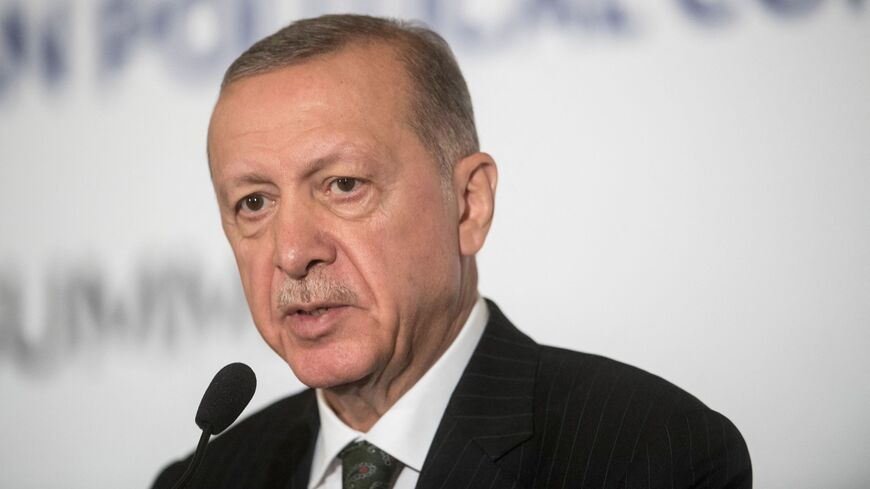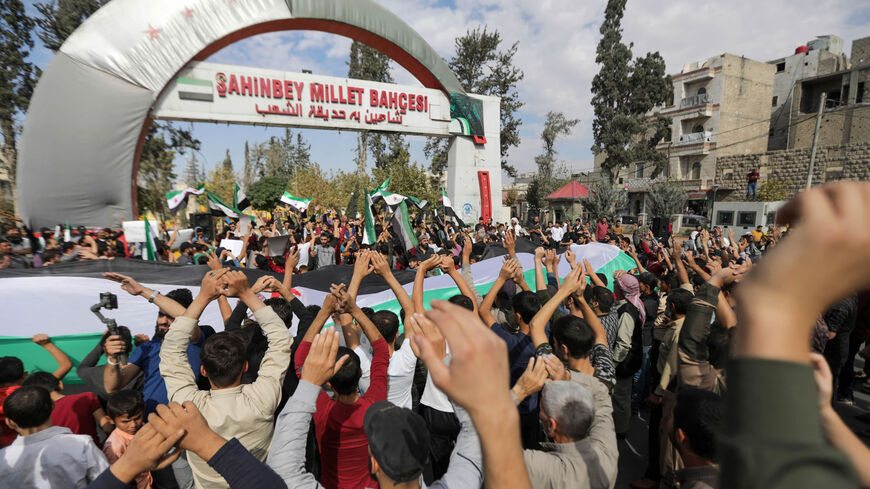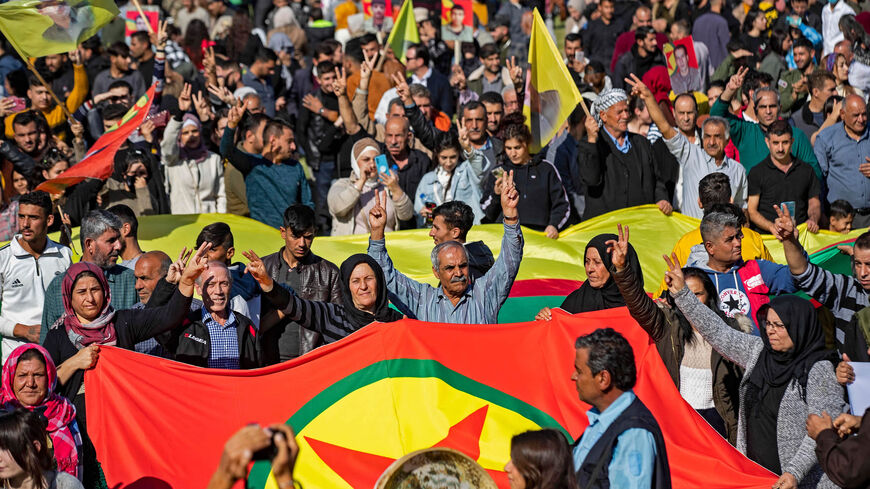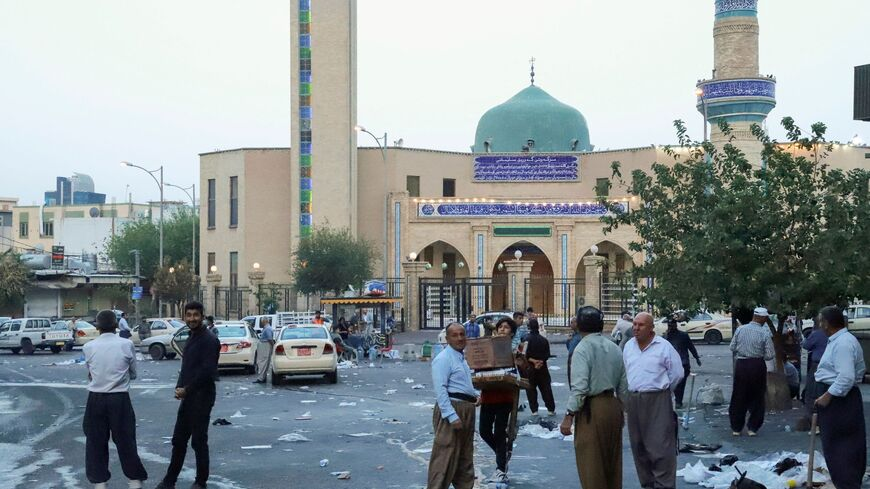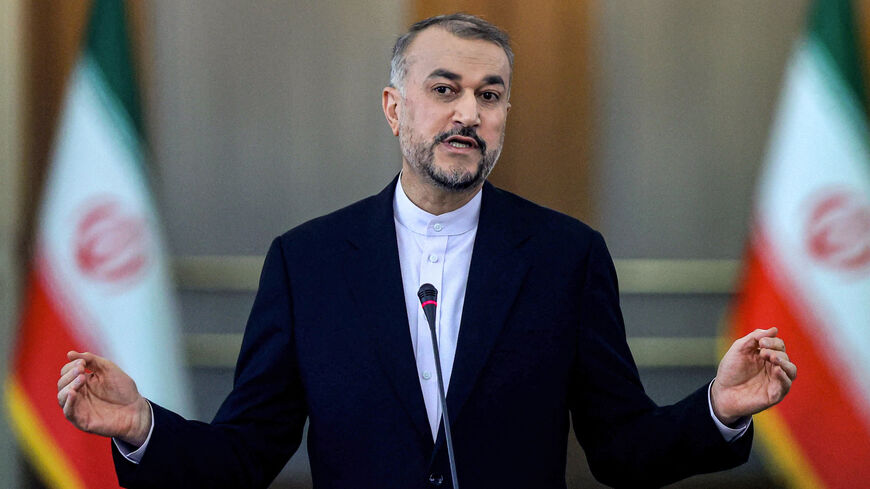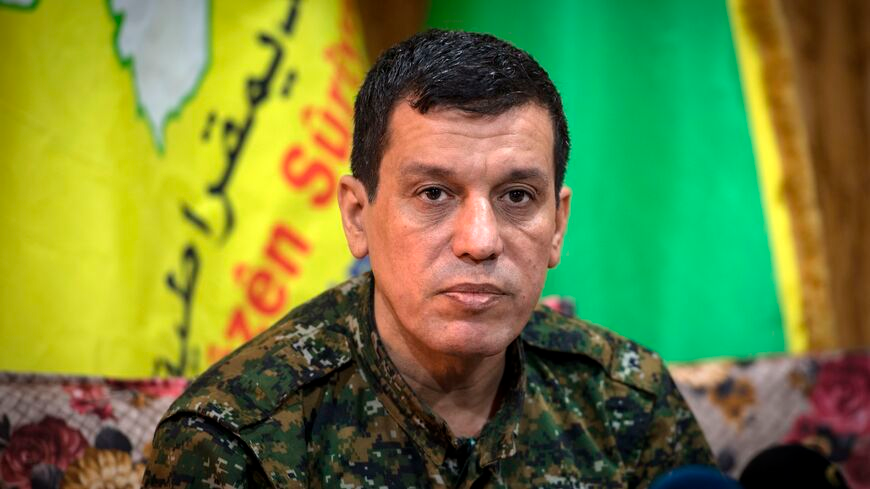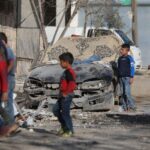
Turkey’s airstrikes in northeastern Syria “directly threatened the safety of United States personnel” who are working in Syria to fight against the Islamic State, the Pentagon said. Pentagon Press Secretary Brig Gen Patrick Ryder also told reporters that “immediate de-escalation is necessary in order to maintain focus on the defeat-ISIS mission and ensure the safety and security of personnel on the ground committed to the defeat-ISIS mission.
We condemn the loss of civilian life that has occurred in both Turkey and Syria as a result of these actions and offer our condolences.” It is the strongest condemnation yet by the US against Turkey’s Operation Claw-Sword, launched in response to a November 13 attack on a pedestrian mall in Istanbul that left 6 people dead and wounded dozens more, that Turkey blames on Kurdish groups – the Kurdistan Workers’ Party (PKK) in northern Iraq as well as the Kurdish People’s Protection group (YPG) along the Syrian border. Both groups have denied involvement in the attack.
The US is “also concerned by reports of the deliberate targeting of civilian infrastructure,” the Pentagon spokesman also said. He added that the US, while calling for de-escalation, also recognizes Turkey’s “legitimate security concerns” and would continue to discuss “cease-fire arrangements.” There are about 900 US soldiers and personnel in Syria.
The US statement comes after Turkish President Recep Tayyip Erdogan said that his country would launch a land operation into Syria “at the most convenient time.” On Wednesday, Turkey struck the Al-Hol refugee camp in northeastern Syria administered by semi-autonomous Kurdish forces that is home to 50,000 people, including relatives of suspected ISIS fighters, Syrians displaced by the civil war, and Iraqi refugees.
